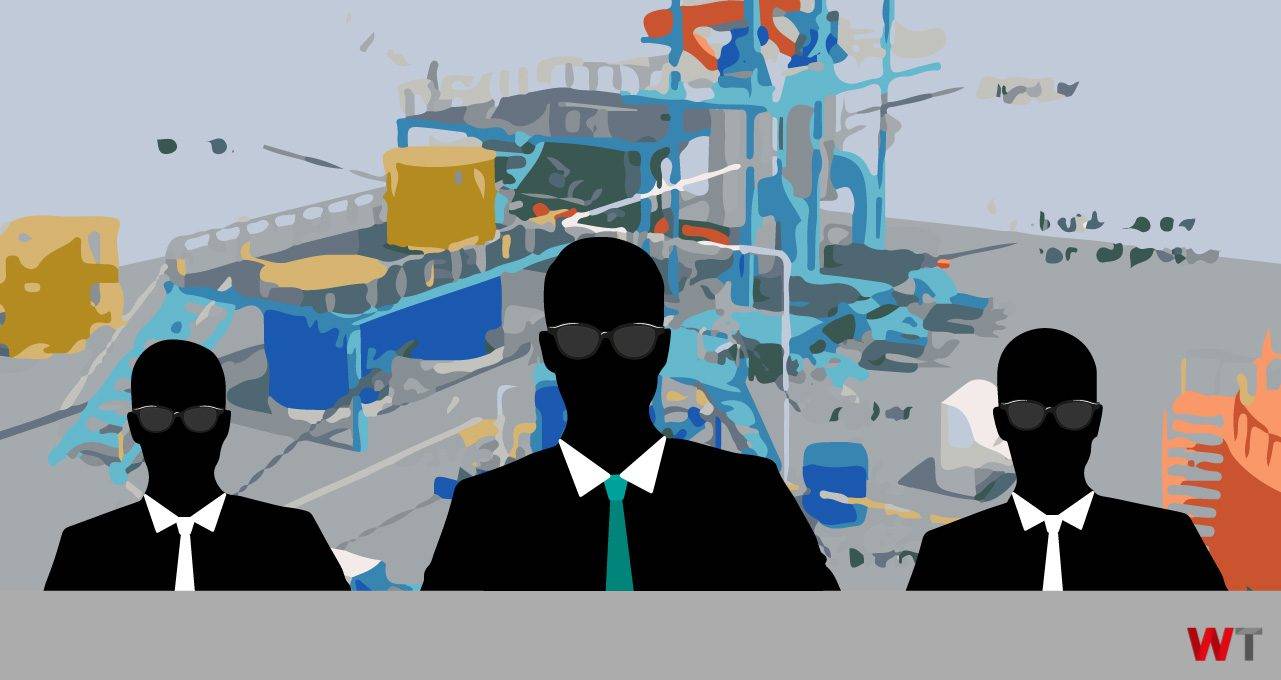

Software weds Hardware
By
|
July 21, 2021
Most Read
Premium
African Workers Feel Both Delight & Dread Using AI For Work & Fearing Being Replaced
“I think everyone uses AI tools,” Zainab Lawal, who builds AI tools at
Premium
Nigeria’s Top Telcos Struggle To Sell Mobile Money In Crowded Market
On Nigeria’s bustling streets, the signs of Nigeria’s fintech boom are everywhere. Small
Premium
Fintechs Are Going All In As Stablecoins Quietly Flip The Script In Africa
A quiet revolution is brewing in Africa’s financial sector, and stablecoins are at